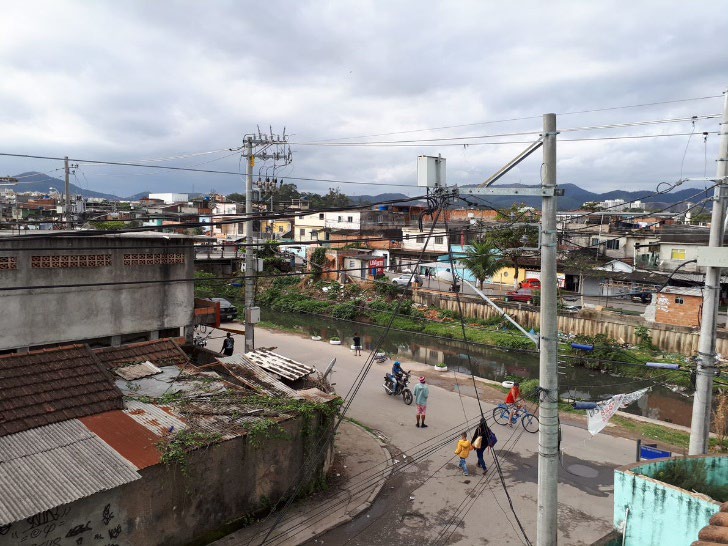LA VILLE DES FEMMES. Comprendre les transformations urbaines à partir des femmes des favelas de Rio de Janeiro
Anne-Marie Veillette
Much attention has recently been given to the notion of “global urbanization” (Brenner and Schmid, 2015). While useful from a structural perspective, many have criticized its assumption that posits neoliberalism as the sole driver of urbanization (Oswin, 2018; Peake et al., 2018). In doing so, other forms of urbanization are left out, particularly those that emerge from : subalternized urban groups, women, cities of the South, or are rooted in everyday life. Drawing on the case of women residents of the favelas of Rio de Janeiro, Brazil, and feminist, decolonial, and Afrodiasporic theories (Anzaldúa, 1987; Gonzalez, 1988; Simas and Rufino, 2019), I argue that women play a major role not only in the maintenance, perpetuation, and repair of the city (Castells, 1978; Chant and McIlwaine, 2015), but also in its transformation. Specifically, I ask the question: how do we understand urban transformations in Rio de Janeiro? I argue that many urban transformations occur, or are initiated, at a very small scale, that of the body. The body is both ontologically significant, and an important—indeed crucial, when working with subalternized populations—site of knowledge production about the city. I build this argument on empirical evidence collected in 2019 in the favelas of Rio de Janeiro, where I conducted interviews (39), focus groups (4), and participant observations with women residents. My findings demonstrate that women successfully navigate the rhythms and uncertainty of the city by transforming themselves, whether to care for others or protect them from urban violence (cuidar). In doing so, they become very good at anticipating what is yet to come (Simone, 2004) and creating a Black sense of place (McKittrick, 2011) in an often hostile city reminiscent of the plantation. Therefore, by examining women’s bodily gestures, ways of being, and affects, a counter-geography of domination emerges, which takes the form of a web of knowledge, practices, and political struggles. From this web emerge microtransformations that gradually contribute to transform the city (Bayat, 2010), a process that I call, based on the writings of Abdias do Nascimento (1980), quilombismo.

Type of production: Thesis and dissertations
City: Other
Year of publication: 2022
Publisher: Thèse de doctorat en Études urbaines, sous la direction de Julie-Anne Boudreau et Valérie Amiraux, INRS
Language(s) of publication: Français
Keywords:
